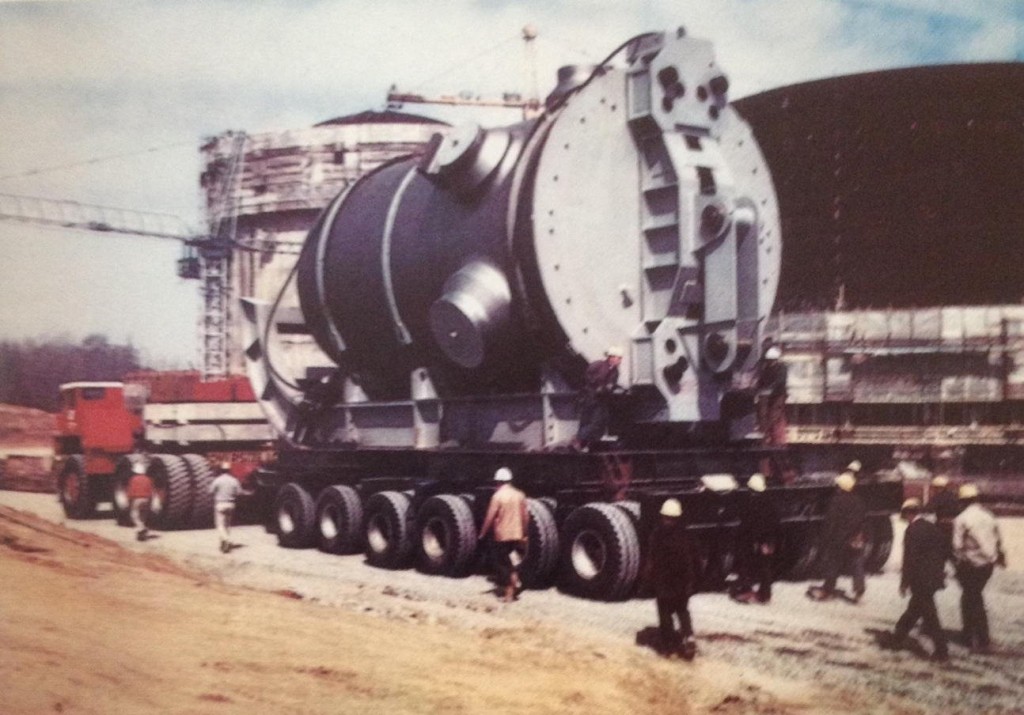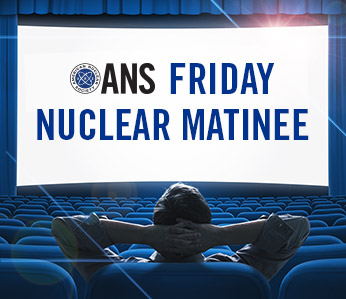Smorgasbord or Specialty? Nuclear Ships and Now
At the end of last month there was some press about the emissions from cargo ships as a threat to the environment, and in due course nuclear propulsion was brought up as a way to get around it. It seems that every once in a while nuclear propulsion for cargo and/or passenger ships is revived, only to be forgotten again after a few superficial studies. The plain fact seems to be that the economics of nuclear ships will not allow their wide spread until something external re-racks the whole economic model of shipping to allow this option to be considered. That "something" is very likely to be penalty for emissions near shore, or for burning fossil fuel in ships in the first place - in other words, some form or another of carbon taxing applied specifically to open-ocean shipping.

-3 2x1.jpg)
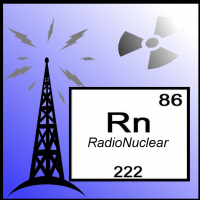
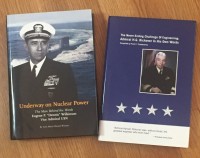 I was honored to participate in a panel session on November 14, 2018, at the
I was honored to participate in a panel session on November 14, 2018, at the 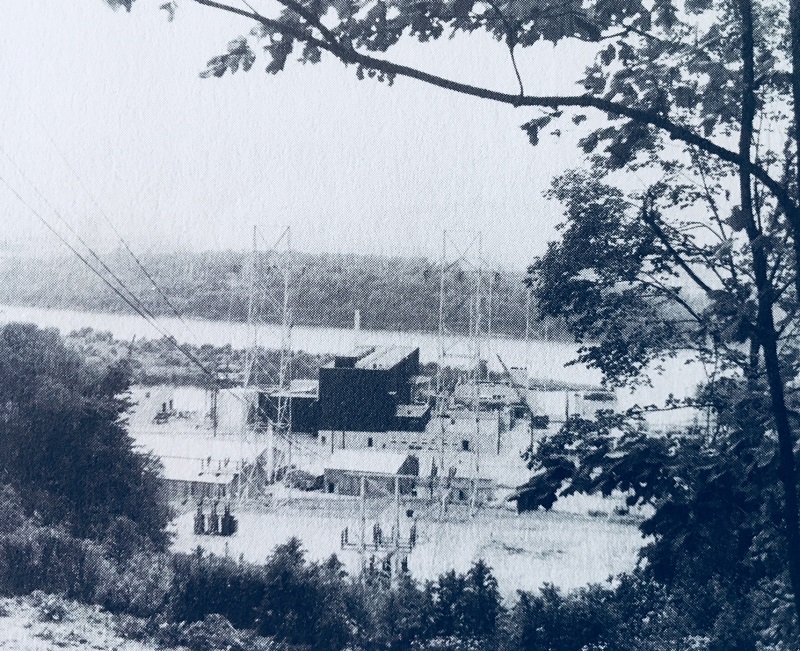
 ANS member Dr. Christopher Morrison was a recent guest on
ANS member Dr. Christopher Morrison was a recent guest on 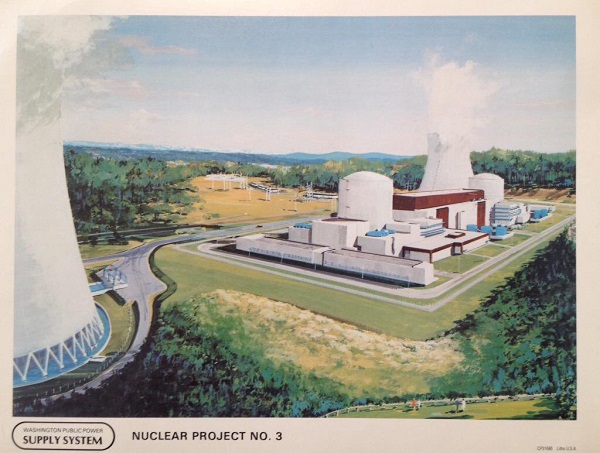
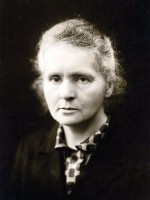 The start of Marie Curie's story isn't like most of the other scientists that had made a name for themselves throughout history, mostly because she was a grown woman by the start of the 20th century. But she was the first woman to do a lot of things, including getting a Ph.D. from a university in France, and winning a Nobel Prize. She was also the first person ever to win a Nobel Prize in two different fields of science. To say she pushed the societal and scientific boundaries of her era is an understatement.
The start of Marie Curie's story isn't like most of the other scientists that had made a name for themselves throughout history, mostly because she was a grown woman by the start of the 20th century. But she was the first woman to do a lot of things, including getting a Ph.D. from a university in France, and winning a Nobel Prize. She was also the first person ever to win a Nobel Prize in two different fields of science. To say she pushed the societal and scientific boundaries of her era is an understatement.